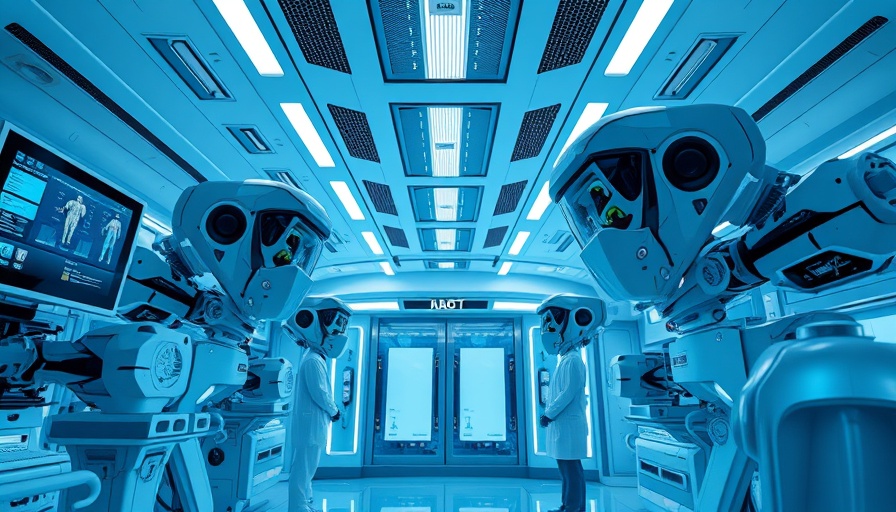
Dr. Kaelee Brockway: Pioneering AI in Physical Therapy Training
As technology continues to infiltrate every aspect of our lives, the fields of education and healthcare are no exception. Dr. Kaelee Brockway, a prominent figure in physical therapy education, is leading the charge by integrating artificial intelligence (AI) into training processes for physical therapists. This innovative approach not only enhances the skillset of future clinicians but also revolutionizes patient care.
Transforming Training with Artificial Intelligence
Dr. Brockway utilizes advanced AI systems to create realistic “patients” that her students can interact with during their training. These AI-driven personas are designed using language models, allowing students to practice and refine their soft skills—an essential component in effective patient interaction. In a profession where communication and empathy are as vital as technical expertise, this novel approach helps bridge the gap between theoretical knowledge and practical application.
The Ethical Implications of AI in Healthcare Education
One of the most significant concerns surrounding the use of AI in healthcare education is the ethical implications. While AI can simulate an array of clinical scenarios, it raises questions regarding the dehumanization of patient care and training. How do we ensure that students maintain empathy and human connection while relying on machines for training? Dr. Brockway addresses these questions with an emphasis on the importance of combining technology with human oversight in training settings.
Real-World Applications of AI Training Tools
The use of AI in physical therapy training is not merely an academic exercise. The skills honed through AI simulations translate well to real-world scenarios. Graduates trained using AI-driven models have reported feeling more prepared when engaging with actual patients. They are able to apply the theoretical knowledge acquired during their studies more effectively, all while maintaining the compassion required in healthcare.
Future Predictions: How AI Will Shape Patient Care
The implications of Dr. Brockway’s work extend far beyond the classroom. The ongoing integration of AI in physical therapy holds the potential to reshape patient care altogether. From personalized rehabilitation plans based on patient history and progress to improved outcomes through tailored exercises, the future is promising. Imagine a healthcare system where AI not only augments the abilities of professionals but transforms the patient experience from one of mere recovery to a holistic healing journey.
Counterarguments: The Challenges of AI Implementation
Despite the advantages, there are legitimate concerns about the over-reliance on AI. Critics argue that while AI can assist in training, it may never replace the nuanced understanding that comes from human interaction. Furthermore, there are technical challenges involved, including data privacy and security when dealing with sensitive health information. Balancing the benefits of AI while addressing these challenges is essential to its successful integration into healthcare education.
The Importance of Soft Skills in Clinical Training
Dr. Brockway’s initiative underscores the importance of soft skills in a clinician's toolkit. As patients increasingly demand a more personalized approach to their care, the ability to communicate effectively and empathetically becomes paramount. By training future physical therapists with AI simulations, we not only facilitate a deeper understanding of clinical skills but also foster the emotional intelligence essential for patient interaction. This is crucial for improving patient satisfaction and outcomes.
Concluding Thoughts: The Future of Education in Healthcare
As Dr. Kaelee Brockway continues her pioneering work in AI-based training for physical therapists, the healthcare education landscape is set to change dynamically. The blend of technology and human insight will cultivate a new generation of clinicians who are adept in both technical and interpersonal skills. The journey towards fully integrated AI in healthcare education will undoubtedly present challenges, but the potential benefits for patients and clinicians alike are too significant to overlook.
 Add Row
Add Row  Add
Add 



Write A Comment